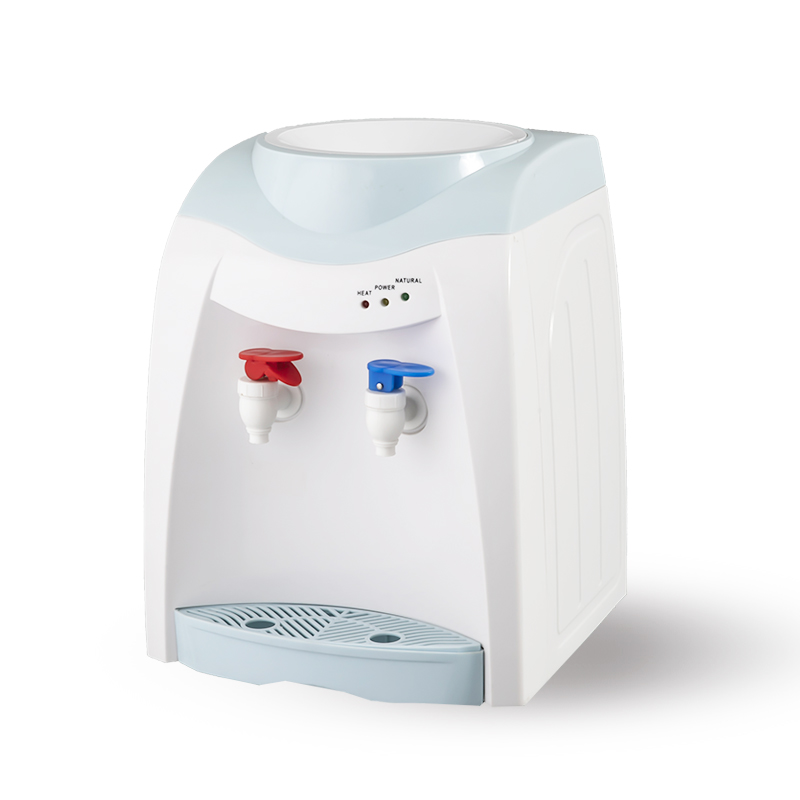The Connection Between Dehydration and Depression
2021-08-20
Dehydration causes your brain functioning to slow and run improperly, severely impacting your susceptibility to and ability to fight depression. Here at Optimum, we are passionate about helping our clients stay hydrated and healthy so as to live their best lives. Read on to find out how you can protect yourself from and fight depression by staying hydrated.
People with depression often complain of a loss of energy, difficulty sleeping, lack of motivation, and a persistent feeling of hopelessness. The possible causes of depression include a mix of psychological, social, and biological stressors. More and more research has shown that these stressors cause changes in brain function, producing the symptoms we know as “depression.” An important step in fighting and controlling disturbances in brain function that lead to depression is hydration.
Dehydration and Depression
So how exactly does dehydration lead to and exacerbate depression? When your body and its systems don’t have enough water, they can’t function properly. One way that dehydration affects depression is through energy: when your brain doesn’t get enough water, it isn’t able to produce energy. If you don’t drink enough water and are dehydrated, the energy generation in your brain is impeded, severely affecting your thinking and function. Your brain relies on this type of energy to complete many of its normal functions, and when you’re dehydrated those functions slow down and sometimes even stop completely due to a lack of energy. Research has shown that the shutting down of those brain functions can lead directly to depression.
So how exactly does dehydration lead to and exacerbate depression? When your body and its systems don’t have enough water, they can’t function properly. One way that dehydration affects depression is through energy: when your brain doesn’t get enough water, it isn’t able to produce energy. If you don’t drink enough water and are dehydrated, the energy generation in your brain is impeded, severely affecting your thinking and function. Your brain relies on this type of energy to complete many of its normal functions, and when you’re dehydrated those functions slow down and sometimes even stop completely due to a lack of energy. Research has shown that the shutting down of those brain functions can lead directly to depression.
Dehydration also contributes to depression by obstructing your brain’s serotonin production. Serotonin is an important neurotransmitter in your brain; it is frequently called “the happy chemical”, as it increases feelings of wellbeing and happiness. One of the main causes of depression is decreased serotonin levels, and this can be exacerbated by dehydration, which limits your brain’s ability to produce serotonin.
Serotonin is created by your body from the amino acid tryptophan. The process involves transporting tryptophan across the blood-brain barrier in order to convert it to serotonin; however, this activity requires a great deal of water to complete. If you aren’t properly hydrated, your body won’t be able to get enough tryptophan into your brain to convert to serotonin. Dehydration also depletes the levels of other amino acids in your brain, leading to feelings of anxiety, dejection, irritability, and inadequacy.
The third most common way dehydration can lead to depression is by increasing stress in your body. Stress is perhaps the most well-known contributing factor to depression, and when you don’t drink enough water your body begins a self-perpetuating cycle of stress and dehydration.
When you are stressed, your adrenal glands produce excess cortisol, the stress hormone. However, under chronic stress, your adrenal glands become exhausted and can’t function as efficiently. Your adrenal glands also produce aldosterone, a hormone that regulates fluids and electrolyte levels in your body. A decrease in the production of aldosterone leads to dehydration. Drinking enough water can help you lower stress levels which, in turn, alleviates depression symptoms.




 English
English 中文简体
中文简体


